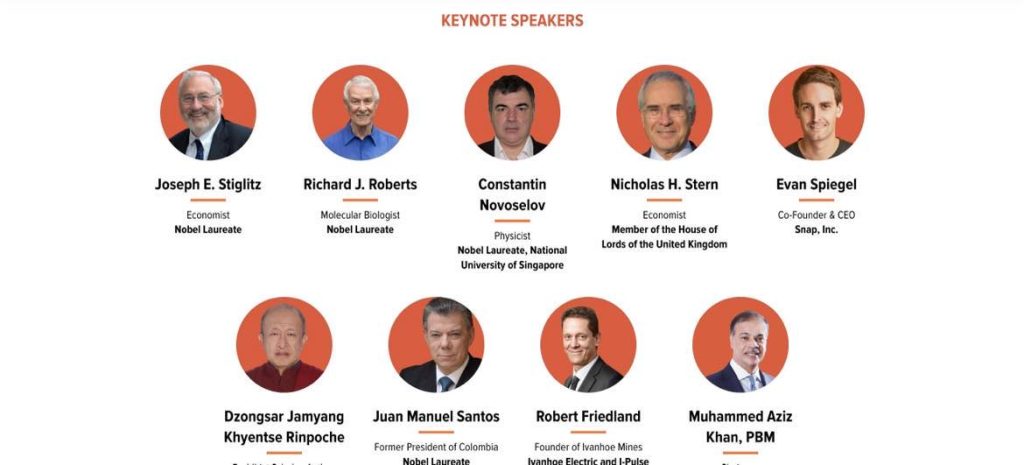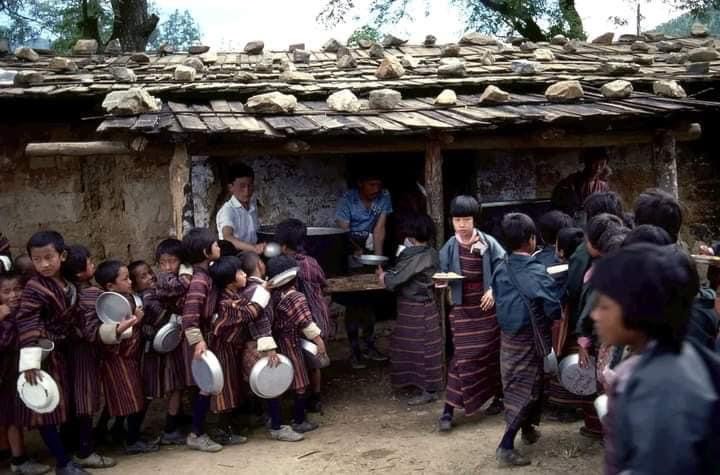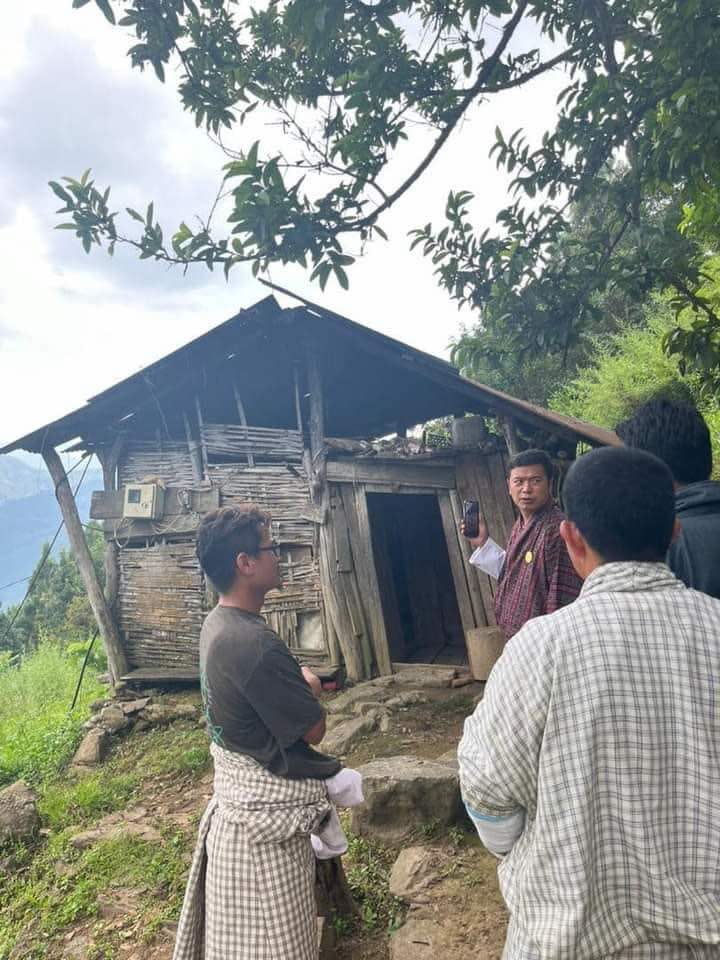Bhutan Innovation Forum ignored the concerns and rights of underprivileged Bhutanese
By Ram Karki
I reflect on the just-concluded three-day high-profile conference of the Bhutan Innovation Forum with concern. The outcome of this event could have been more sustainable and fruitful had those high-profile foreign speakers been invited at least one month before and allowed to visit the nooks and corners of Bhutan free of government intervention.

It’s regrettable that the high-profile foreign speakers didn’t have the chance to engage freely with ordinary people of various ethnicities and understand their daily living standards. Such interactions could have enriched their understanding of the situation in Bhutan, particularly if they had visited, met, interacted with, and listened to the concerns and worries of the subsistence farmers and the original inhabitants of the GMC area before the conference. This was a significant missed opportunity that could have added a valuable perspective to the conference.


Another missed opportunity was the failure of the high-profile foreign speakers to address the human rights situation in Bhutan, particularly the plight of the human rights activists serving life sentences. A visit from these speakers could have significantly contributed to understanding the human rights situation in Bhutan and provided a platform for these activists to share their concerns and experiences.
But rather than allowing them to understand the reality of Bhutan and the Bhutanese people, who live primarily in rural areas, people were made to fly to Paro straight from foreign countries by sponsoring 10-day free visits and asked to give lectures based on the government narratives that Bhutanese are the happiest people because of the Gross National Happiness (GNH) and the country is carbon neutral.
The speakers even seem unaware that in Bhutan, people believe in religions other than Buddhism and have mother tongues other than Dzongkha. They also showed ignorance that the GMC area is thickly populated, and the government has been silent on how and where it relocates people. By not mentioning them and the welfare of any of those inhabitants, a massive injustice has been done to the original inhabitants of Gelephu, who are mostly Nepali-speaking Bhutanese.
I urge the architect of GMC to listen to the concerns and worries of the inhabitants of GMC areas and address those concerns to their satisfaction. Bhutan must resolve the issue of political prisoners, the refugee crisis, and other human rights violations before moving forward with this world-class, mindfulness city. Otherwise, no matter how much it tries to project itself as a mindful, happy, or peaceful country, these issues will return and cause trouble. Such problems, if left unsolved for a long time, have the potential to cause significant failure to this great vision of GMC.
Finally, I extend my heartfelt congratulations to Dr Lotay Tshering on his appointment as the Governor of GMC, a challenging job. I wish him all the best in his new role and look forward to the positive impact he can make on the cause of underprivileged people.
